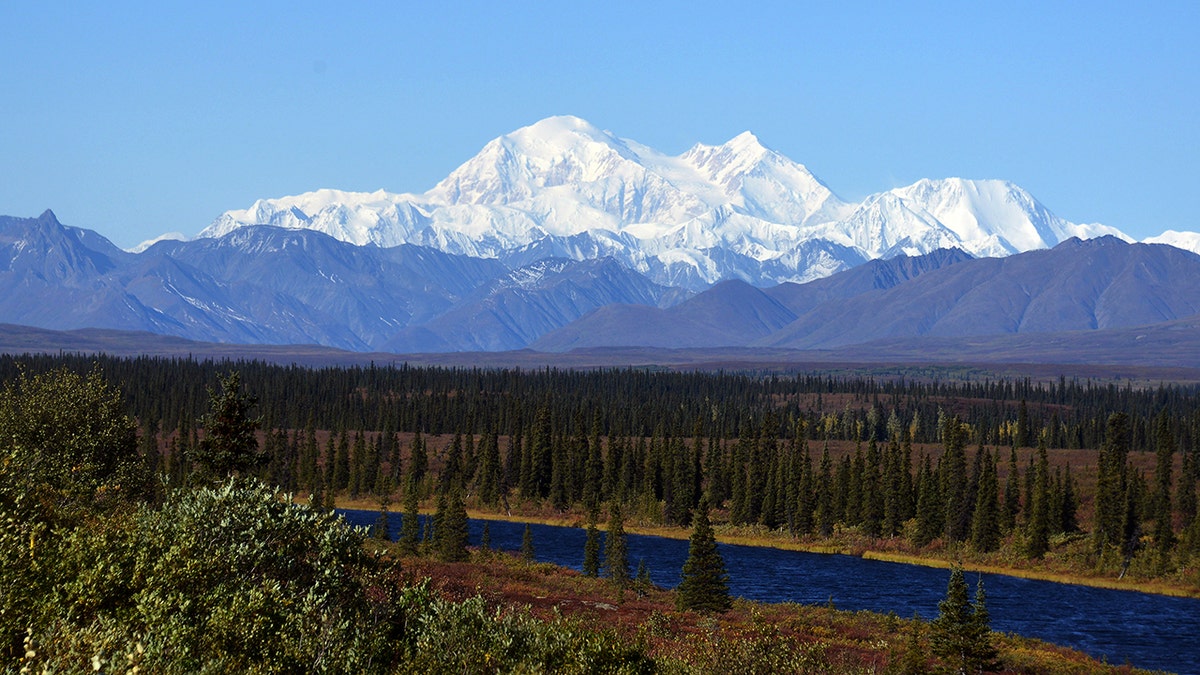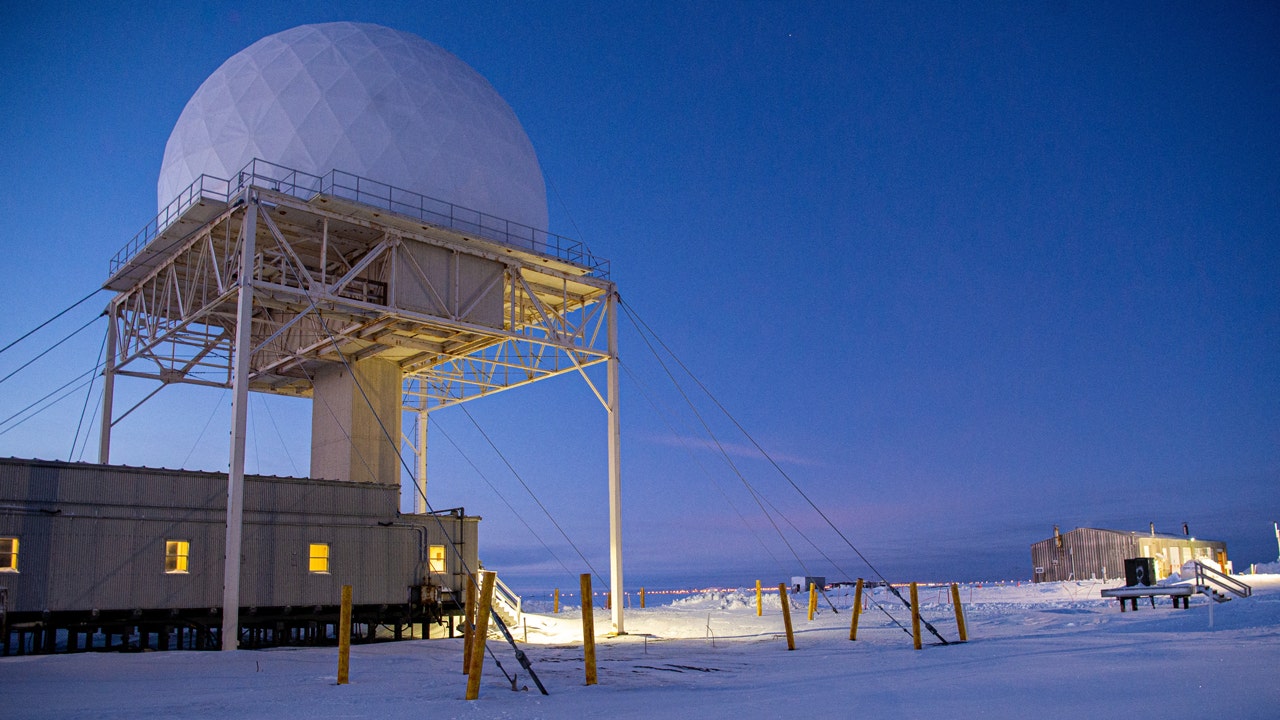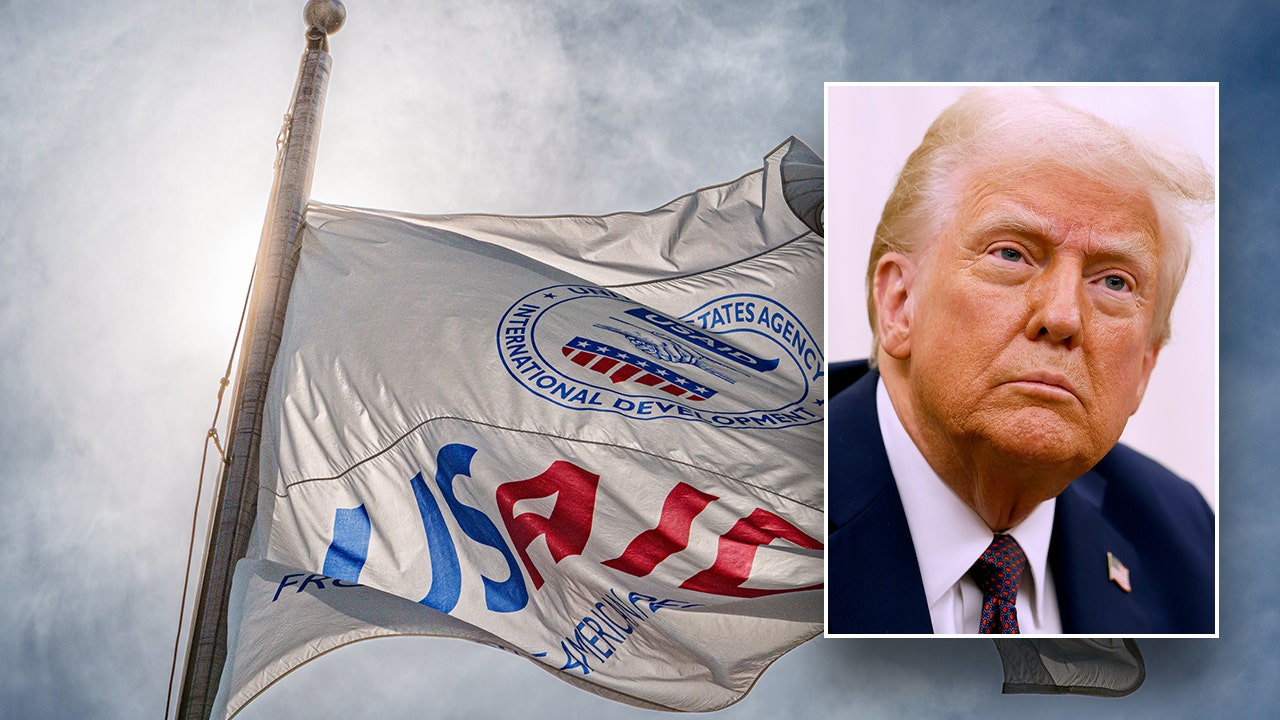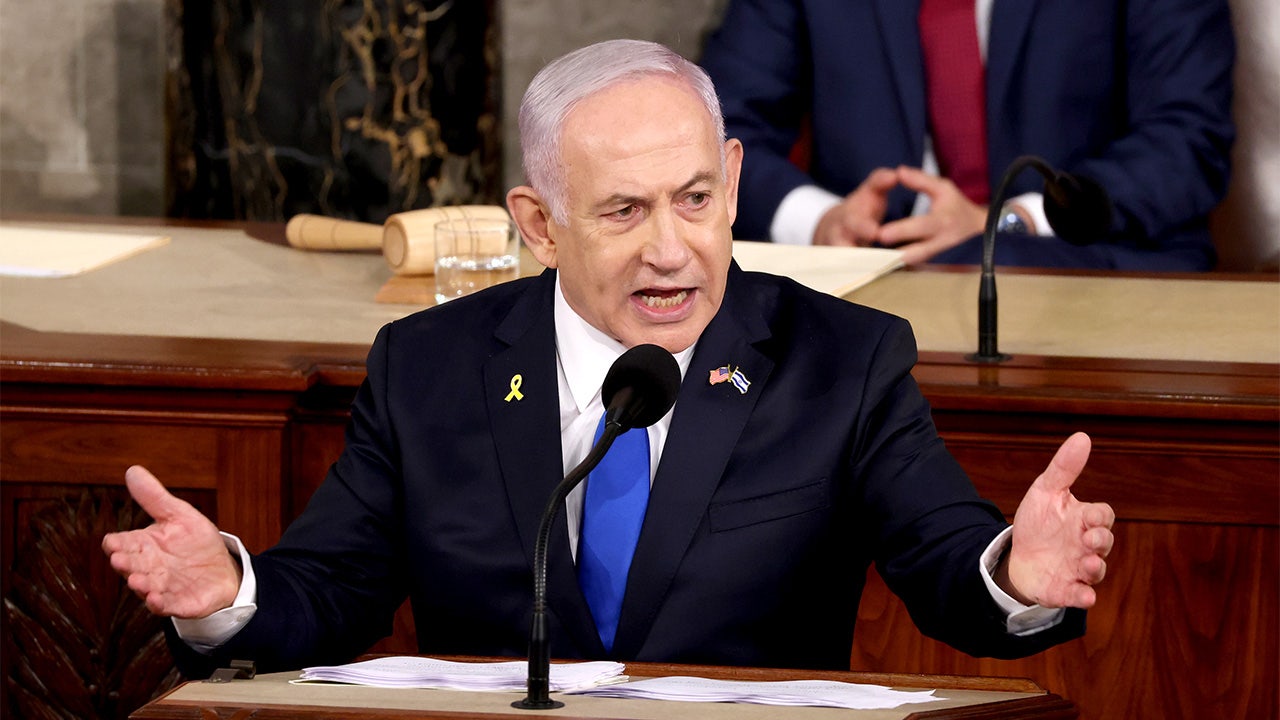When the Biden administration nominated Michael Sfraga to be special ambassador to the Arctic, he failed to disclose his deep history with Russia and China.
The Senate is expected to vote on Sfraga’s confirmation on Tuesday – over a year after his nomination, which was held up by Republicans who claim he is too close to U.S. adversaries.
Sfraga has traveled extensively across Russia and China, and even spoke at an event where Russian President Vladimir Putin gave the headline address.
An Alaskan and geographer by background, Sfraga chairs the Polar Institute and the U.S. Arctic Research Commission. He is looking to lead the U.S. in diplomatic relations between the eight Arctic nations: Canada, Denmark, Finland, Iceland, Norway, Sweden, the Russian Federation and the U.S.
His foreign ties prompted Sen. Jim Risch, Idaho, the top Republican on the Foreign Relations Committee, to write a letter in 2023 asking the FBI for help in vetting Sfraga, Fox News Digital has learned.
He negotiated joint partnerships with Chinese academic institutions tied to defense and intelligence services and spoke glowingly about the two U.S. adversaries in interviews for different publications – all of which he failed to reveal until confronted by Senate Foreign Relations Committee staff.
Dr. Michael Sfraga has been nominated to be special ambassador to the Arctic. (U.S. Arctic Research Commission)
Sfraga had to update his disclosures three times, claiming he had forgotten to mention his record of trips and collaboration with Chinese and Russian leaders, Republicans have said.
Risch placed a hold on Sfraga’s nomination, which prompted Republican infighting. Sen. Lisa Murkowski, R–Alaska, recommended Sfraga to the Biden administration, and she defended him to the committee. “If there is any challenge that you have as a committee, it’s that his expertise in the Arctic is so voluminous,” she said. “It takes a while to wade through all of it.”
Sfraga was key in negotiating memorandums of understanding – legal documents that establish a partnership – between the University of Alaska Fairbanks (UAF) and Chinese universities, including Shanghai Jiao Tong University, which has been designated a “high threat” due to its high-level defense research and alleged ties to cyberattacks.
The partnership included access to UAF’s IT infrastructure and involvement in policy and legal reviews on any Arctic region subject, in addition to research and exchange programs.
In 2021, Sfraga spoke on a virtual panel on “Cooperation and Environmental Sustainability in the Arctic at Fort Ross Dialogue,” an event sponsored by two U.S.-sanctioned Russian companies, Transneft and Sovcomflot, and Chevron. His co-panelist was Russian Ambassador-at-Large for Arctic Cooperation Nikolai Korchunov.
RUSSIA, CHINA HOLD BIGGEST WARGAMES SINCE SOVIET ERA
The event stressed cooperation with Russia on Arctic issues. In a 2021 interview with Voice of America’s Russia service, Sfraga claimed Russia and the U.S. were “not understanding each other” and that “the Arctic is an integral part of Russia’s DNA.”
In a 2022 Newsweek article on mounting U.S.-Russia tensions in the Arctic, Sfraga is quoted lamenting that the Arctic is no longer insulated from strains in the bilateral relationship. He said it is “not a good thing” that the Arctic Council canceled a forum with defense chiefs, including Russia’s, following Russia’s attempted annexation of Crimea. “I certainly understand the motives, but it’s not a good thing to have that happen,” he said.
In 2021, after Russia’s annexation of Crimea but before the war in Ukraine, Sfraga argued for cooperation with Russia in the Arctic.
“If both nations, especially the United States, are looking for places to actually cooperate with the Russians like we do in the International Space Station and trying to find a path towards some amount of productive engagement, I would argue that the Arctic may provide for us at least a few of those pathways to a more predictable and stable relationship between these two countries,” he said.
At his Senate hearing in March, he struck a tougher tone with Russia.
“Russia’s war against Ukraine has rendered cooperation virtually impossible with Russia, including in the Arctic,” he said. “The PRC (China) is attempting to reshape the global aid rules based system in its favor, and increasingly working with Moscow to elevate and advance its presence and its influence in the Arctic in ways that threaten our interests.”
In 2017, Sfraga attended the International Arctic Forum in Arkhangelsk, Russia, an event headlined by Putin and attended by numerous other state-sanctioned people. He was a speaker on a panel entitled “Arctic: Territory of Professionals.”
When questioned about the event in a Senate hearing, Sfraga said, “It’s hard to ignore half of the Arctic, which is Russia, and in the North, it is a big neighborhood, but a small community, and you must engage. And indeed, at one of those conferences, President Putin did provide a keynote address, but I had no interaction with President Putin at all.”

Michael Sfraga is looking to lead diplomatic ties between eight Arctic nations. (U.S. Air Force/Tech. Sgt. Curt Beach/Handout via REUTERS)
Reports show Sfraga has taken at least half a dozen trips to China to participate in panels on Arctic issues.
In October 2019, for example, he attended the Arctic Circle China Forum in Shanghai, where he spoke to the panel on the topic of, “The Arctic Council: A Model for Regional Cooperation.”
In November 2018, he attended the 11th Arctic Circle Assembly in Reykjavík, Iceland, where he co-chaired the breakout session “China’s Arctic Policy: Opportunities and Challenges” with Dr. Yang Jian, vice president of the Shanghai Institutes for International Studies.
In April 2016, he attended the Fulbright Arctic Initiative Symposium in Washington, D.C., where he met with Chinese representatives from the Polar Research Institute of China and the Chinese Arctic and Antarctic Administration. He also delivered a keynote speech on “The Arctic in a Globalized World” at the China-Nordic Arctic Cooperation Symposium in Beijing.
Additionally, during a 2018 event entitled, “The Polar Silk Road: China’s Arctic Ambitions,” Sfraga is quoted as saying, “In the United States, we think four seconds long; we think commercials and sound bites and bumper stickers. But the Chinese think in long narratives; they go over decades… [The United States] think[s] about reaction versus being proactive… as we see the polar ice continue to retreat — and there’s both opportunity and challenge there.”
“As the Arctic ice continues to retreat, there’s both opportunity and challenge there. How we best situate our own interests and those of like minds is probably best considered quickly. That doesn’t mean we’re pitted against China. I think there are ways we engage with them in a very productive, meaningful dance forward – and that can be for the good of a lot. But we should not be lulled into a false narrative either way.”

A local Alaskan and geographer by background, Michael Sfraga chairs the Polar Institute and the U.S. Arctic Research Commission. (Lance King/Getty Images)
US MUST EXPAND NUCLEAR ARSENAL IN FACE OF RUSSIA AND CHINA THREAT, WARNS TOP OBAMA DEFENSE ADVISOR
Sfraga also has ties to the Arctic Circle – an organization that some have raised concerns about giving China an outsized voice on Arctic issues. Unlike the Arctic Council, which only includes Arctic nations, the Arctic Circle includes China and is its preferred platform to engage on Arctic issues.
Under Sfraga, the U.S. Arctic Research Council became an official Partner to the Arctic Circle, but his attendance at Arctic Circle events dates back to at least 2016. Olafur Grimsson, chair of the Arctic Circle, described Sfraga as a “good friend” and said he looked forward to collaboration when he was named head of the Research Council.
CLICK HERE TO GET THE FOX NEWS APP
Grimsson’s name appeared on a list of pro-Russian European experts who Russia intended to use in an influence campaign targeting the Baltic States. A report by Ukraine state news agency Ukrinform notes that Grimsson opposed sanctions on Russia in 2014 as Iceland’s president and called for turning the old U.S. airbase in Keflavik over to the Russians, and took part in Russian government-organized events.





